Not all Doctor Who adventures involve monsters, alien invasions and timey-wimey goodness. In fact, there are some Doctor Who stories which don’t feature any science fiction at all…
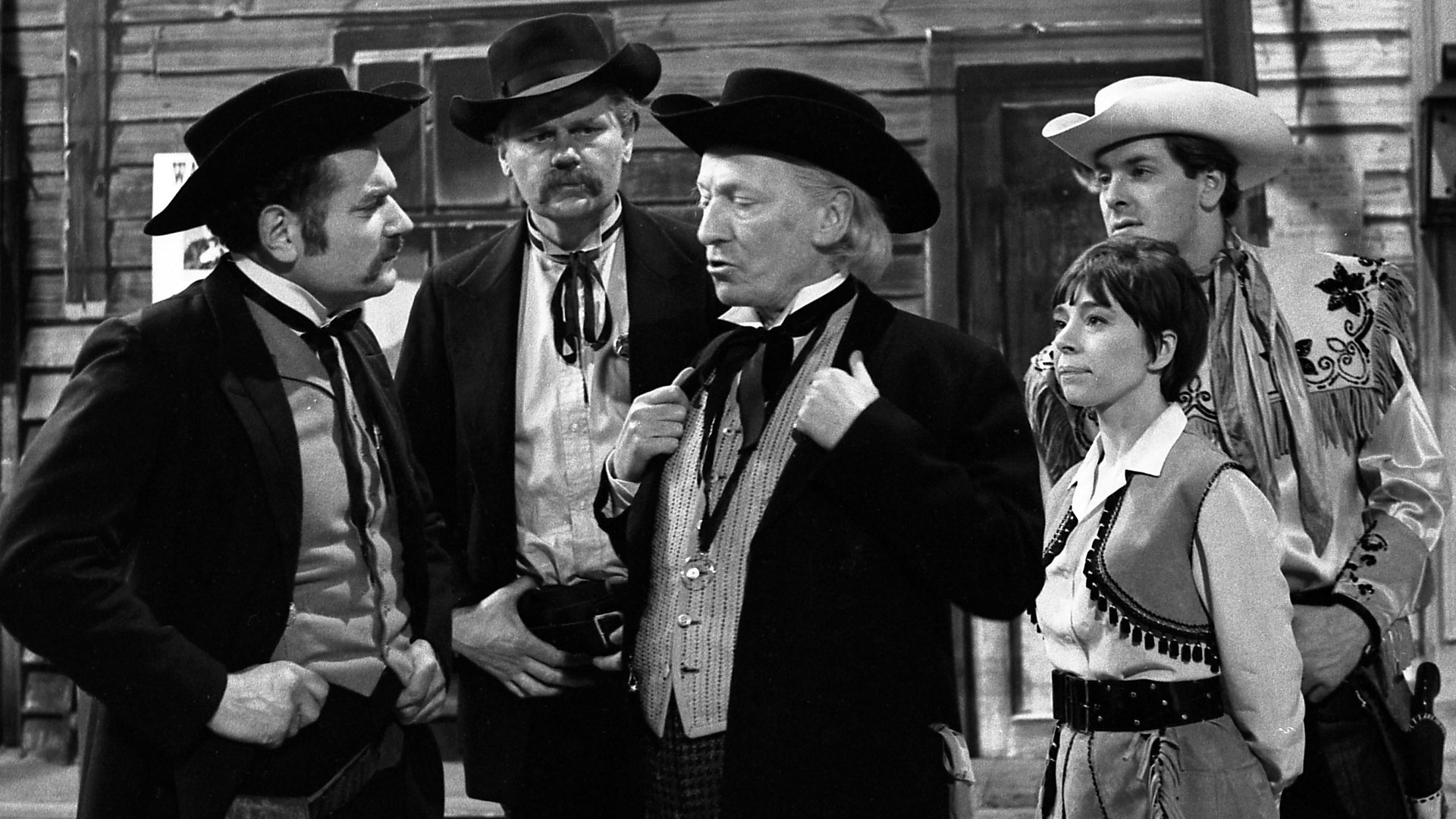
It may seem odd, but when Doctor Who was originally conceived, it wasn’t intended to exclusively be a science fiction show. It was designed for family audiences with children in mind, and the BBC was keen for there to be a focussed educational element present within its stories. If children were going to be watching the show, then the BBC wanted them to be learning something.
And that was part of the beauty of the TARDIS; it had the ability to travel anywhere in time and space, and that meant that the Doctor could journey back into human history. Indeed, the very first of the Doctor Who adventures saw the Time Lord and his companions sent back to the very beginning, encountering a tribe of cavemen who had lost the secret of fire.
In fact, for the first four years of the series’ life, the Doctor Who adventures frequently alternated between science fiction and historical tales. The most epic and famous of these was the 1964 story ‘Marco Polo‘ which spanned an incredible seven weeks, and saw the Doctor and his friends teaming up with the eponymous traveller on his journey across the Himalayas.
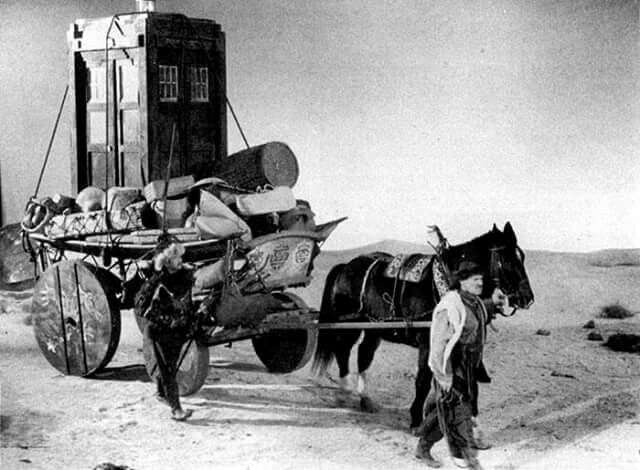
Sadly, little remains of this classic Doctor Who story, save for a few photographs and the original soundtrack, and it is one of the most sought-after missing Doctor Who adventures of all time. Penned by John Lucarotti, it is a gripping, high-stakes tale, with Marco Polo and his companions finding themselves dying of thirst on their journey to Shang-Tu. And the TARDIS has suffered a critical malfunction, meaning that the travellers can neither use it for water or to escape their deadly peril. The drama derives from the relationships between the characters and the life-threatening danger of the elements.
And whilst it is easy to heap praise on a mystical, lost Doctor Who story, it is clear that ‘Marco Polo’ was a hit with the contemporary audience, with some 10.4 million people tuning in for its final episode.
As such, the historical Doctor Who adventures came thick and fast throughout the First Doctor’s era. John Lucarotti was quickly commissioned to deliver another set of scripts, and these arrived just a few weeks later in the form of ‘The Aztecs.’
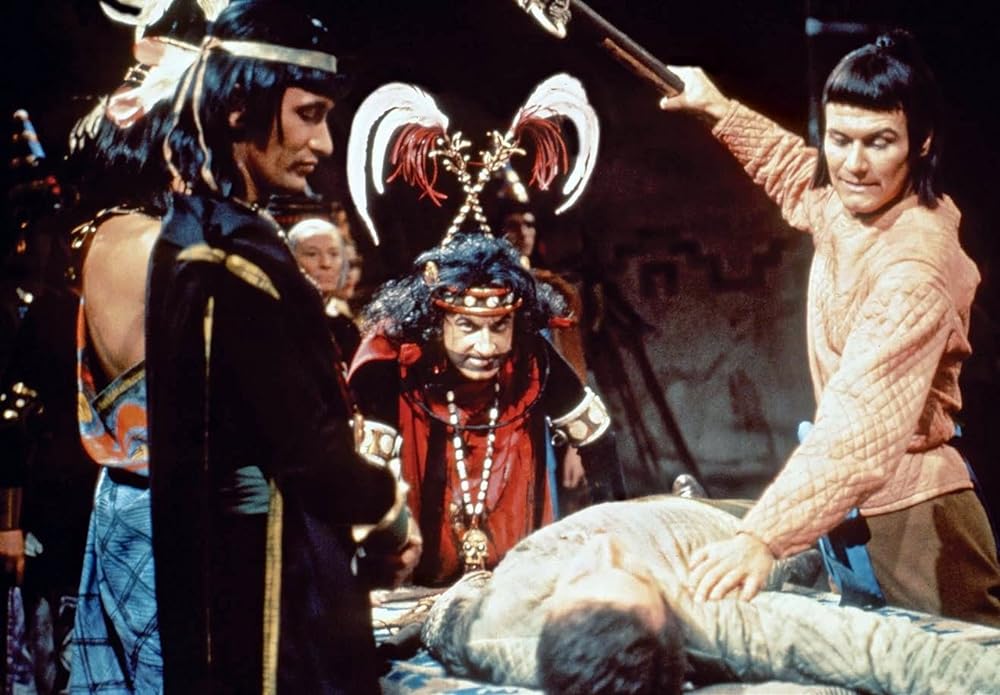
Although shorter than ‘Marco Polo,’ this tale again dispensed with science fiction and put its characters at the front and centre. In ‘The Aztecs,’ companion Barbara has been mistaken for the Aztec god Yetaxa, and faces a moral dilemma: should she maintain this pretence, and ensure the safety of her friends, or reveal her true identity and fight against the Aztec tradition of human sacrifice, thus saving many lives?
It is interesting to note that, certainly in these early historical Doctor Who adventures, the stories were unashamedly gritty, and pulled few punches. For instance, the season finale ‘The Reign of Terror’ focussed on the French Revolution, no less, and even had an episode titled ‘Guests of Madame Guillotine.’ The series took a realistic, no-holds-barred view of Earth history, and strove for accuracy whenever it could.
This approach to historical Doctor Who adventures would evolve as the series progressed, with the later production teams choosing to put a greater emphasis on comedy. Indeed, serials such as ‘The Romans’ and ‘The Myth Makers’ were almost farcical in their presentation, and this was something the cast members recognised and embraced. Emperor Nero, for example, was portrayed as an incompetent, larger-than-life, almost ‘comic book’ character who showed little menace or threat – remarkable, given how tyrannical the real Nero was.
And whilst the viewing figures for ‘The Romans’ were high, with a staggering 13 million tuning in for its opening episode, it did receive the lowest audience appreciation score of the series to date. This might explain why some of the later historical Doctor Who adventures such as ‘The Massacre‘ returned to the darkness and grit of William Hartnell’s first season, but for some this may have been a case of ‘too little, too late.’ ‘The Massacre’ was not particularly well received and saw some of the lowest viewing figures to date.

At the same time, the audience’s sensibilities were changing. It was clear that the viewing public preferred the Time Lord’s science fiction forays over his journeys into ancient history, and in the mid 60s the BBC started to wind down the historical Doctor Who adventures. The very last of these came at the beginning of Patrick Troughton’s era. Titled ‘The Highlanders,’ it told the story of the famous Battle of Culloden in 1746, and introduced the long-time Doctor Who companion Jamie McCrimmon played by Frazer Hines.
And whilst the TARDIS would continue to delve into Earth history for the remainder of its 60 year run, these events would serve as mere backdrops for science fiction tales. ‘The War Games’ is a good example of this, focussing on a number of famous, bloody conflicts from human history and showing how these events could be manipulated and misused by a race of beings with time travel capabilities.
But the historical Doctor Who adventures hadn’t ended completely. In the 1980s, the producer John Nathan-Turner became intrigued with the notion of making a Doctor Who story without any science fiction elements, and commissioned a two-parter which ultimately became ‘Black Orchid’ in Peter Davison’s first season.
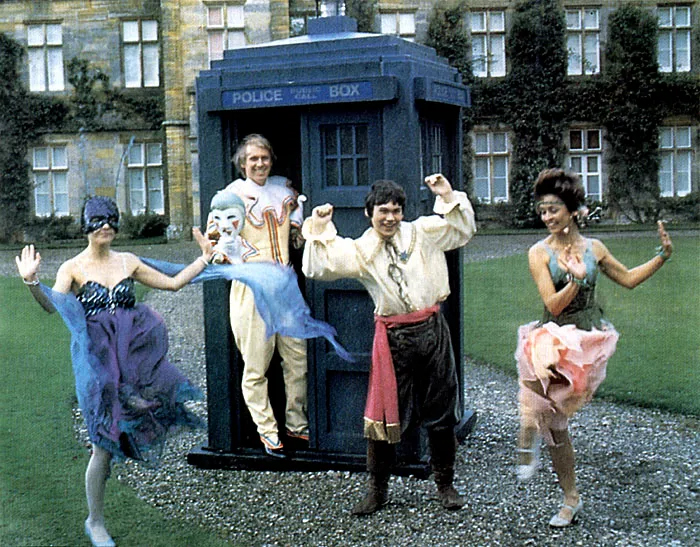
But it was not like any of the previous historical Doctor Who adventures. This tale didn’t focus on a famous event or character from Earth history, but instead used the Edwardian era as a backdrop for an Agatha Christie-esque ‘whodunnit.’ It was an intriguing idea which, whilst well-received, didn’t lead to a sudden surge of interest in historical Doctor Who adventures, and to date ‘Black Orchid’ is the last Doctor Who story of its type.
It remains to be seen if the historical format will ever make a comeback in Doctor Who. In the meantime, tell us – which is your favourite of the historical Doctor Who adventures? And would you like to see more stories which are devoid of science fiction elements? Let us know in the comments below.
Shop on Amazon
Latest posts
- Is Doctor Who Season 13 the pinnacle of the Tom Baker era?
- Doctor Who: Is Wild Blue Yonder a modern day classic?
- Doctor Who stories: Looking back at the Western adventures
- The top 5 silliest Doctor Who rumours
- The Reality War: The story behind the Fifteenth Doctor’s regeneration









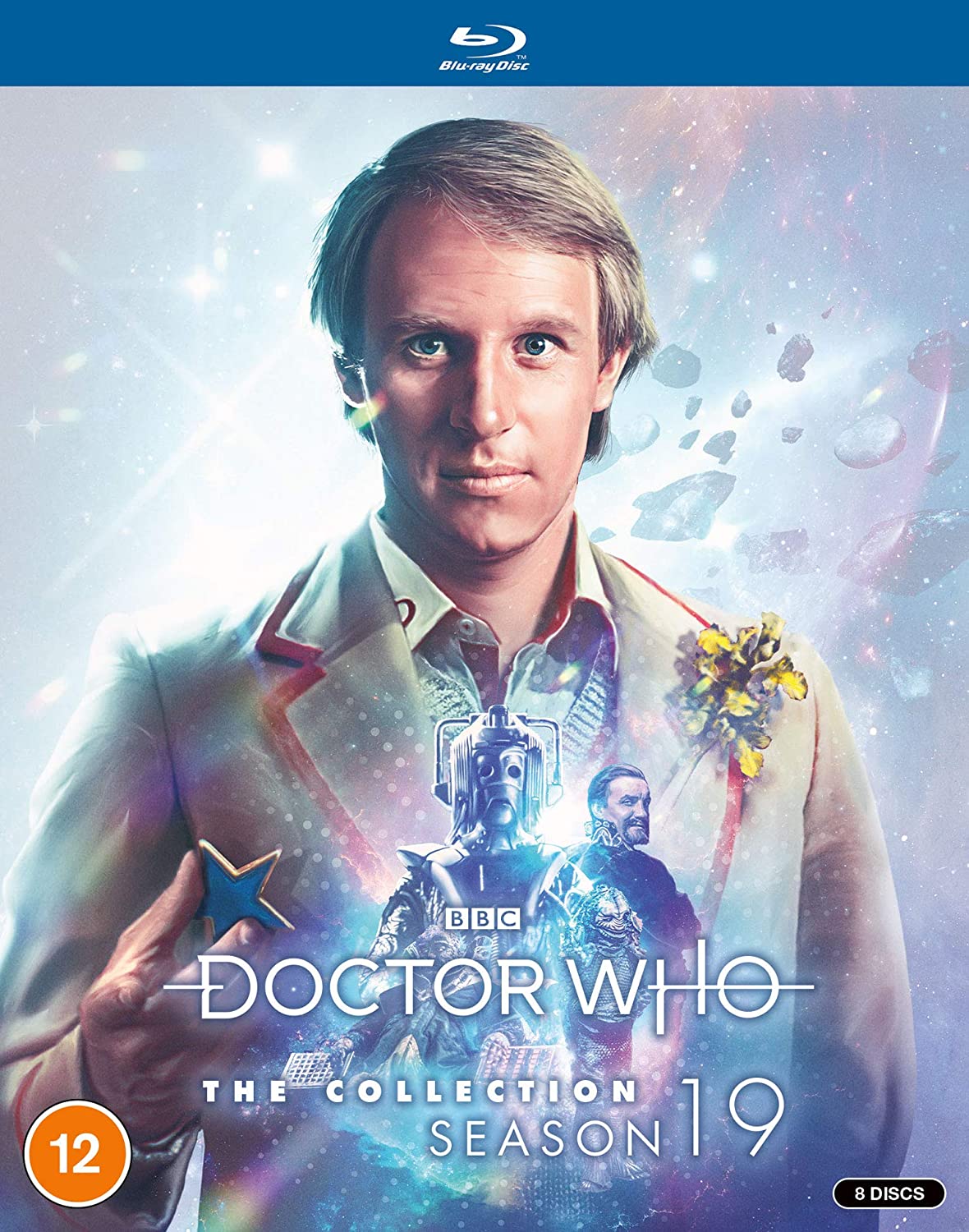
Well there is certainly at least one science fiction element which is getting back there in the first place.